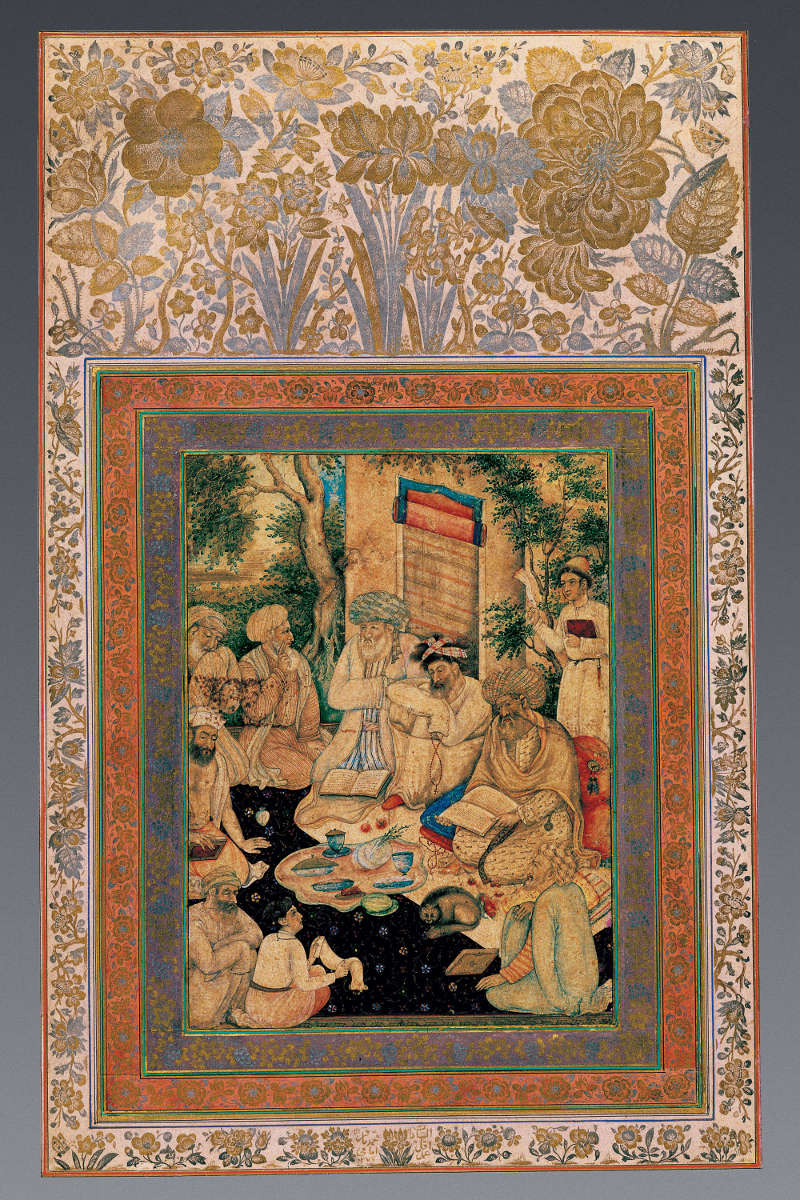FWP:
SETS == HANUZ
HANUZ verses: {3,4}*; {7,3}, abhī ; {10,9}; {13,6}; {27,5};
{35,2}; {38,2};
{67}, hanūz ; {69}, hanūz ; {98,9};
{98,10}; {99,6}, abhī ; {130,2} // {400x,4}
The two meanings of hanūz effortlessly set two scenes for the verse. If the speaker now takes such lessons, which he did not take before (during the days of his youth, or of his happier love?), it is not surprising that he's only at the beginning of his experience of the grief of the heart. While if he still takes these lessons, and yet remains such a novice, it shows how huge and unfathomable is the experience of loss.
Or perhaps he makes no progress because he himself is fixated on those two basic concepts and refuses to abandon them. Yet they may have abandoned him-- perhaps 'went' has departed and 'was' used to be. Although this (2b) reading is more radical, less obvious, grammatically it remains quite possible. On this eerily (and appropriately?) crazed reading, the speaker has lost not only joy, but even the vocabulary for expressing his memory of it. Joy is not at one remove from him, but at two removes.
Yet with all this, there's such an effect of simplicity,
directness, sorrow! The combination of subtle construction and emotional resonance
is Ghalib at his best; not even he can always pull it all together like this.
It has a quality that's almost 'unattainably
simple'.

Nazm:
That is, the time of enjoyment once was, and now has departed. (3)
== Nazm page 3